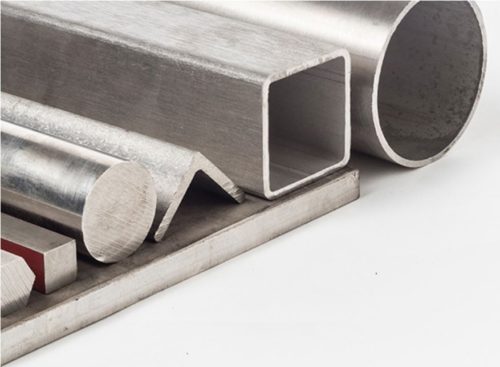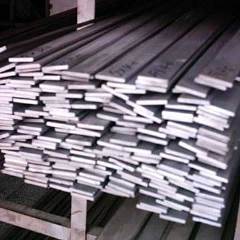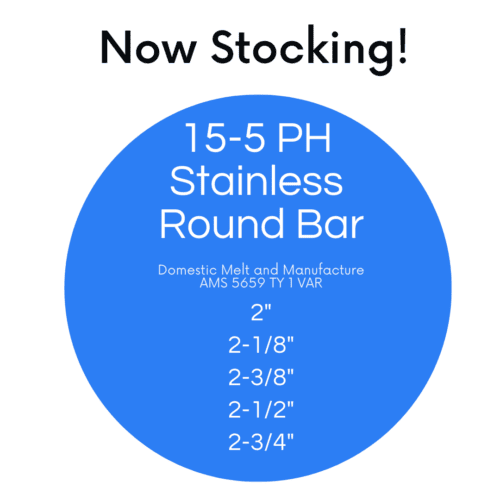Nickel increases the metal’s ductility and toughness, allowing easy shaping and forming without sacrificing strength. On the other hand, molybdenum enhances the metal’s strength and heat resistance, while titanium improves its tolerance to crevice and pitting corrosion. Furthermore, copper is frequently added to boost the resistance to sulfuric acid, and nitrogen helps enhance its mechanical strength.
Adding chromium improves the material’s corrosion resistance and enhances its ability to withstand high temperatures. Manganese is added to improve the metal’s toughness, while silicon improves its oxidation resistance. Additionally, the addition of molybdenum can enhance the material’s corrosion resistance and improve its strength at high temperatures.









